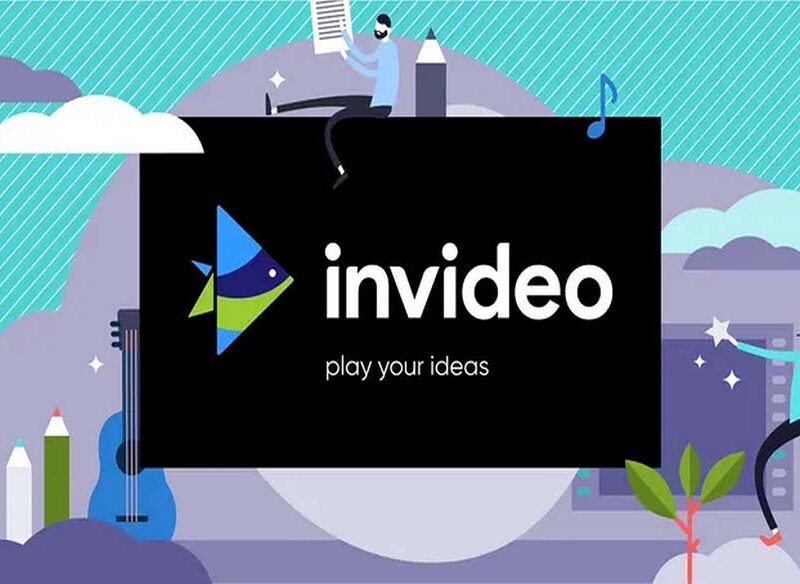The Justice Department’s sweeping antitrust lawsuit against Apple may hold a significant implication for Google, particularly in addressing the notorious “green text bubbles” issue that Android users face.
The Allegations
US Attorney General Merrick Garland highlighted during a news conference the disparity between iPhone users and non-iPhone users regarding messaging experiences. Non-iPhone users often encounter pixelated videos, lack of encryption in messages, inability to edit messages, and the absence of typing indicators, all contributing to a perception of lower quality messaging on rival platforms.
Apple’s Defense
In response, Apple vehemently defended its practices, stating its commitment to innovation, user experience, privacy, and security. The company argued that the lawsuit threatens its ability to provide seamless technology integration and sets a concerning precedent for government intervention in tech design.
Google’s Perspective
Google has previously criticized Apple for leveraging peer pressure and obstructing interoperability through the green text bubble stigma. The company urged European regulators to mandate Apple’s messaging app compatibility with third-party devices, reflecting a broader industry push for cross-platform messaging solutions.
Legal Implications
The Justice Department’s lawsuit alleges Apple’s anticompetitive practices, aiming to curtail practices that limit user mobility across platforms. The lawsuit asserts that Apple intentionally undermines third-party messaging apps on iPhones, maintaining a monopolistic grip on messaging experiences.
Potential Outcomes
If the lawsuit succeeds, Apple may be compelled to cease its alleged anticompetitive behaviors, potentially leading to the removal of green text bubbles. This outcome would benefit Android users, reduce ecosystem lock-in, and enhance competition in the messaging app market.
Conclusion
The ongoing legal battle between Apple and the Justice Department underscores broader debates around antitrust, competition, and consumer choice in the tech industry. A favorable ruling for the DOJ could signal significant changes in how tech giants manage platform interoperability, benefiting both consumers and competitors like Google.























